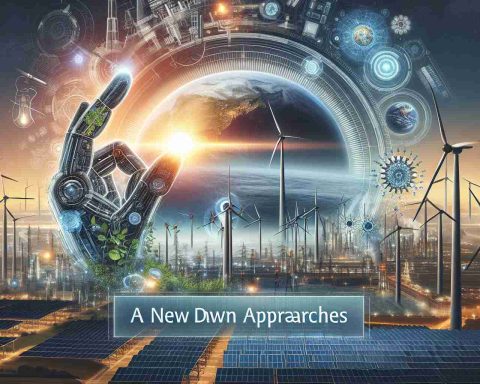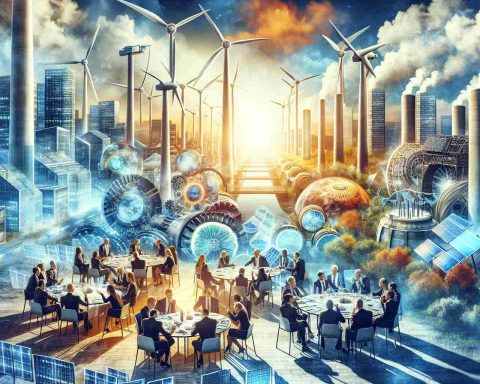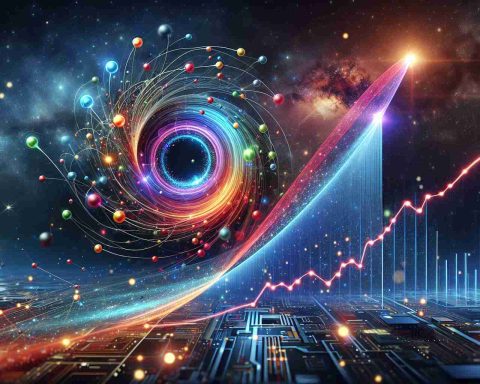Microgrids
Microgrids are localized networks of electricity generation and distribution that can operate independently or in conjunction with the main power grid. They are designed to enhance energy resilience, reliability, and efficiency by enabling localized control over energy resources. Microgrids can integrate various energy sources, including renewable energy (such as solar, wind, and biomass) and conventional sources (such as diesel and natural gas), allowing for flexible energy management.Microgrids can be particularly beneficial for communities or facilities seeking energy independence, reducing reliance on the centralized grid, and ensuring a stable power supply during outages or emergencies. The ability to disconnect from the larger grid and function autonomously makes microgrids an effective solution for energy security.The management of microgrids involves advanced technologies, including smart meters, energy storage systems, and sophisticated control systems, which optimize energy flow and boost system resilience. As the demand for sustainable energy solutions grows, microgrids are increasingly seen as a vital component of the future energy landscape, contributing to decentralized energy production and promoting the use of clean energy sources.













